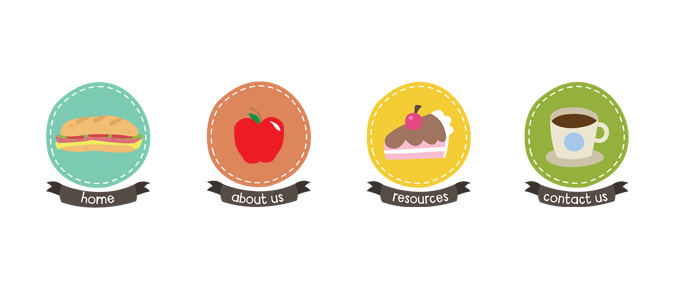As a language arts teacher I always love encountering other upper elementary language arts teachers in other districts and states because I love hearing what takes place in other classrooms. Questions I seem to find myself asking most frequently:
What novels do you love to teach?
How do you group kids?
Do you utilize a reading program?
With so many tests being administered to my students on a daily basis one thing I NEVER assess my students on are the novels they are reading. Perhaps this sounds crazy, but here is a breakdown of a typical week on my 6th grade instructional team...Pro-Ohio reading assessment, Pro-Ohio math assessment, weekly reading fluency assessment, weekly math assessment, spelling test, and maybe a science or social studies test. EVERY WEEK! So when we complete a novel unit as a whole class or students complete a novel independently, I seek out project-based resources for my students to complete to extend their learning.
This is my favorite sight in my classroom...
As a language arts teacher, I have spent
countless hours sitting in the book store hovering over pages of different
novels in hopes of finding the perfect tales to engage my students and make
them enthusiastic readers. I want them
to reach the point in each novel where putting the book down is the hardest
challenge they face, not worrying about the assessment at the end to check their comprehension. To enhance their reading ambition, I created this I'm Finished...End of Novel Projects for Grades 4-6 resource in order to make completing novels even more fun for my students.
Click on the image for a sample project:
Teaching for 15 years makes a teacher wise…As teachers we are always looking for resources to make our students’ time in the classroom most meaningful and productive. Like you, I don’t have a moment to waste with my instructional time. Rather than TEST, complete some sort of book report, or answer MORE reader response questions, I want them to extend their thinking as well as share what they have learned and enjoy sharing about the book that has just been completed. My hope is that another student might find the project so intriguing, they can't wait to read that book as well.
I would love for you to comment, link up a blog post, or link any free or paid resource that you utilize in your classroom to reinforce a love of reading in your classroom...






I also prefer projects for my novels. I figure that I have already asked them a lot of questions about the story as they read it, so I know whether they understood concepts or not. I know that I would struggling with some of those end of the book tests that ask you little details on page 10....
ReplyDeleteI love a project that we complete while we read and then finish at the end of the novel.
ReplyDeleteI enjoy using hands-on learning. I think sometimes we test our kids to death. Why not let them show what they learned in an engaging and interactive format, with lots of choice on their end. Thanks for this fun post- I am enjoying looking at the many ways teacher use to engage their students! WAHOO!
ReplyDeleteI'm totally with Mr. Hughes in that I think our kids get tested so much that it's a nice switch to develop a different more engaging activity to help them process the story. And like you said too, we want them to get excited about reaching the end of a novel instead of fearing that they now have some kind of test. Granted, half the time, we do use the novel as preparation to write an essay, which is different from the test, but still has the same academicy feel to it, and projects are an awesome way to let them exhibit their creativity to communicate. Thanks for setting up this way for us to see how others do it!
ReplyDeleteI love using literature studies. Because I had to have grades for the grade book I usually graded comprehension and vocabulary activities. I also gave grades for group participation. But when we finished the study we always had a project. It was a time the kids could be creative and show their understanding of the book in a different way. I found it difficult to grade the projects, but I usually had a checklist type of rubric for accountability.
ReplyDeleteDebbie
Crockett's Classroom . . . Forever in Third Grade